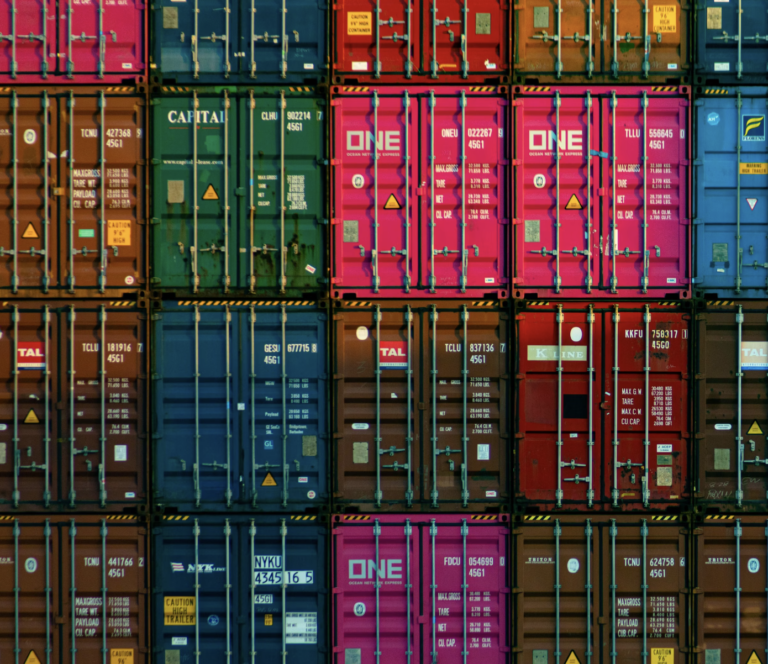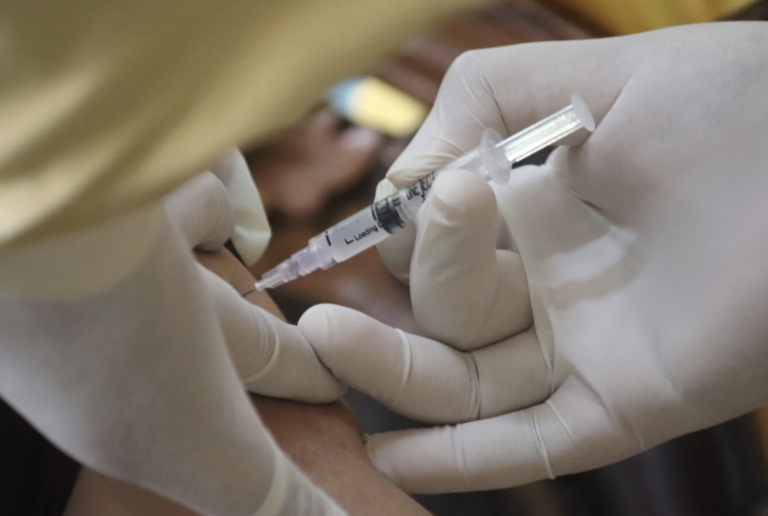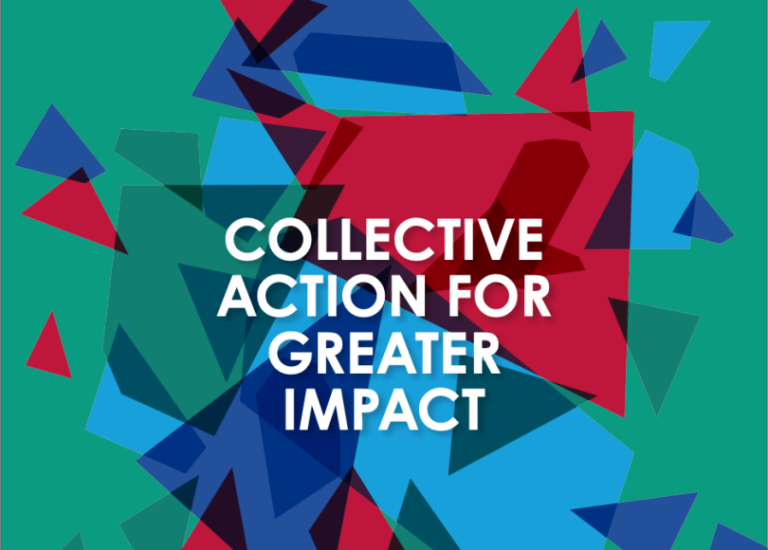
The sixth EU-AU Summit: Partners in therapy?
Summits are an inevitable part of the international relations game. But each and every time they end up in disappointments because expectations were too high or longstanding frustrations and irritants on both sides were not openly addressed. To break with this pattern, the partnership should move from an asymmetrical top-down relationship to a more horizontal partnership where both parties negotiate deals on the basis of trust and mutual respect.








